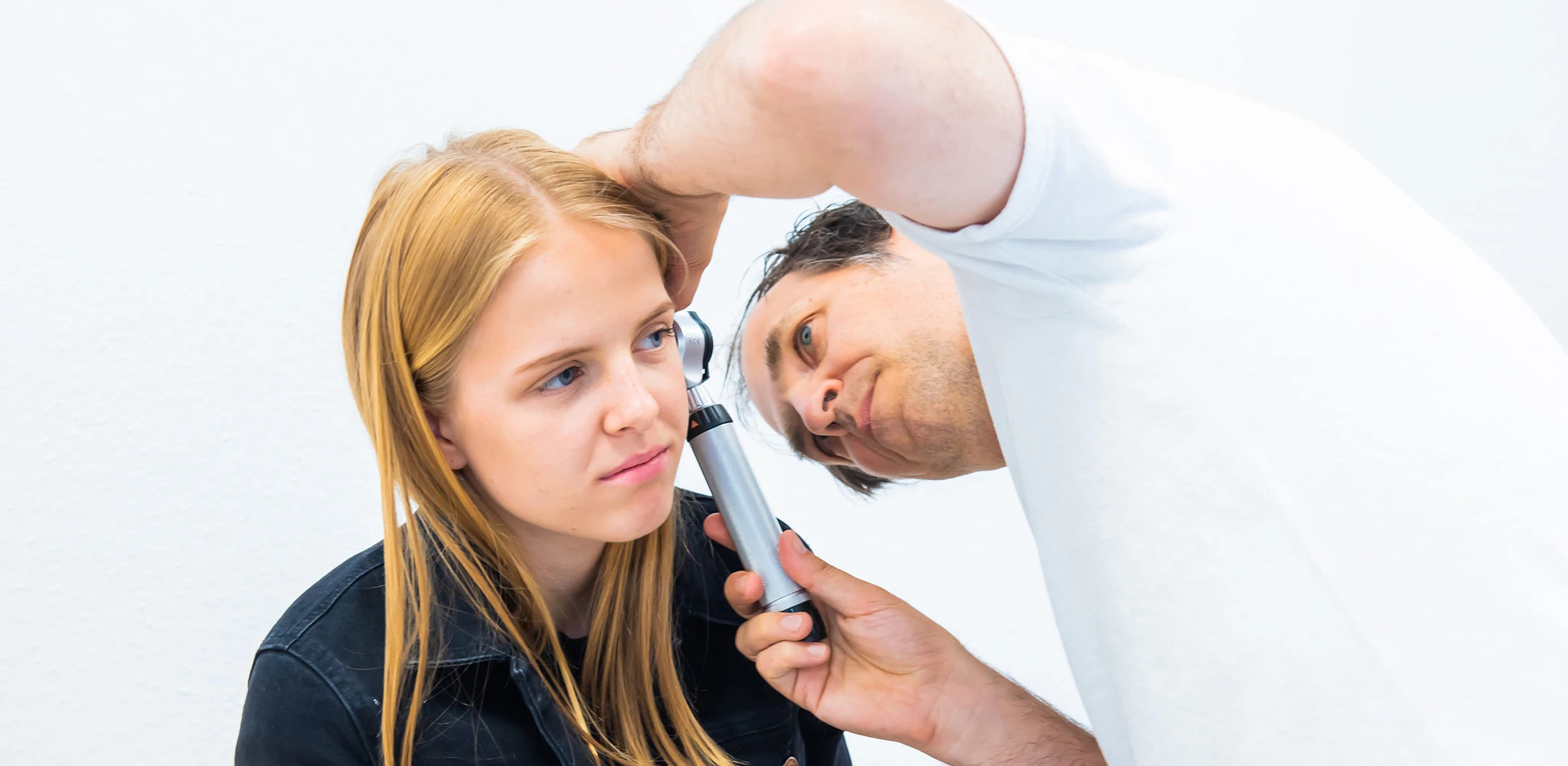Language development: No comparing!
Comparing children is rarely a good idea. But in one area, comparisons with others are even more stupid than they already are: language development. Because this is a very individual story. Nevertheless, there are of course a few pointers and tips. Not only the doctor knows this, but also Myriam Mayländer, speech therapist in Lorch.
Especially around the second birthday, many parents ask themselves the question: Is my child speaking well enough? This is understandable, because a lot happens during this time in terms of language development. And assessing whether everything is good is actually not that easy, as there are huge differences in the language skills of two-year-old children. Some still hardly speak at all apart from a few single words, while others are already forming proper two- to three-word sentences. And both can be fine!
There is a guideline of 30 to 50 words that a child should have mastered by their second birthday. That's not rubbish - but it's only a guideline. If a child constantly says "woof-woof" to a dog, for example, this also applies. More important than the exact number or the exact words is that the child understands.
Look at the behaviour in general: Can it maintain eye contact and understand simple spoken language? Classic example: "Bring me the ball." Also important: How is the play behaviour? Symbolic play or initial role play is important. Example: The child puts the teddy bear to bed and covers it up. This kind of behaviour is an important indicator that language is emerging.
A good fifth of all children do not speak at all at the age of two, but if these things are right, you can be reassured that the first 30 to 50 words will come. Another good sign is when the first two-word sentences come along along the lines of "Mummy come", "Daddy there", "Cat tree". Even if the vocabulary is not yet so large, this is a sign that language development is on its way.
Is there anything you can do to promote language development? Of course. But the important thing is that it shouldn't be training. Because we don't need an artificial learning effect, we don't need training - we need real learning and understanding. And the principle of "encouraging rather than demanding" applies.
Just remember a few things in everyday life: use simple, short sentences, but no baby talk. Talk a lot, e.g. explain to your child what you are doing. Do not correct your child. For example, if your child says "his" for "drink", pick up on this, say the correct word and put it into a complete sentence. "Would you like a drink? Look, your water is over there." And: set aside some time every day where you are only there for your child and don't do anything else on the side.
At the U6 (1 year) and U7 (2 years), your paediatrician will address this topic. If you have any other questions, please ask him/her.
Further interesting tips
Fetal alcohol spectrum disorder
A serious and stressful topic: foetal alcohol spectrum disorders, i.e. disorders caused in the foetus by alcohol consumption during pregnancy.
Death and mourning
When there is a bereavement in the immediate family, parents often have many worries and uncertainties about how to deal with their children in this situation, in addition to their own grief. Doc talked to Gabriele Schmidt-Klehring, who has been offering bereavement counselling for children and young people in Schorndorf for over 20 years, about what needs to be considered.
Tantrums II
It turns the sweetest child into a bully: the tantrum. How to recognise whether tantrums are a cause for concern or simply a minor evil:
